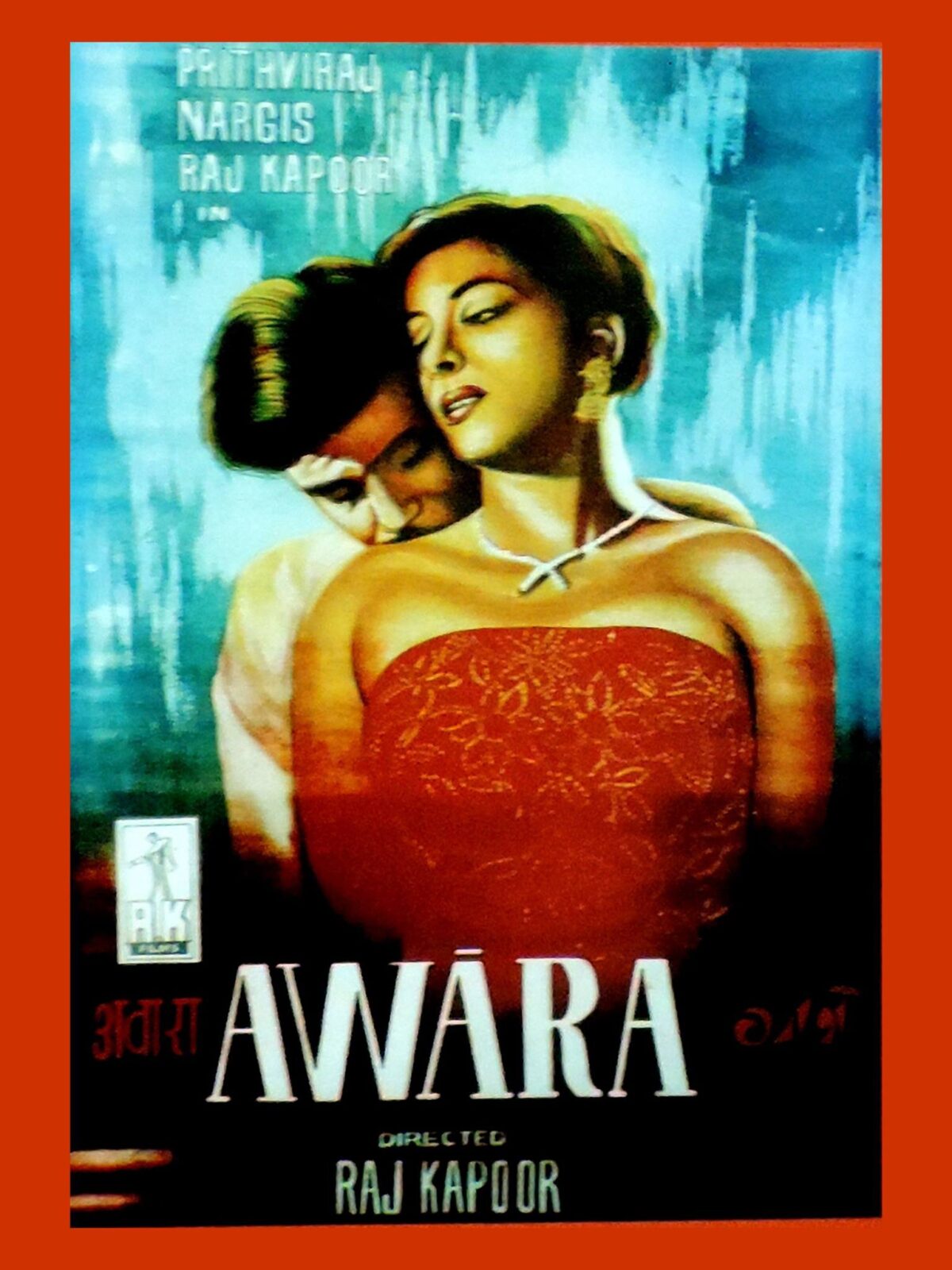As of now, this blog has 13 posts on movies out of a total of 24 posts. That’s 54%. It would therefore be superfluous to say that I like watching movies. But I am not a critic. I cannot imagine the punishment of having to sit through a horrible movie and then write in detail why it’s horrible. No wonder some critics become grumpy as they become older. I have the luxury of happily ditching the movie anytime I want and never think about it again.
The ESPN magazine – The Cricket Monthly – had an article recently that asked a rather thought provoking question – What is the purpose of sport: to entertain or to pursue excellence? Can we ask similar questions about movies? Few years back, I used to watch movies with no other motive than entertainment or if the movie was serious, a thought provoking experience. Gradually this began to change. Now I watch movie for a whole lot of reasons other than those mentioned. For instance, I love contemporary history, especially post-independence in case of India and cold-war period in case of the world history. When I am watching an old Hindi movie, there are so many things that distract me that at times I neglect the movie itself. The empty streets with so little traffic, hardly a car passing by or the clothing, the hairstyles, even the way people walked and talked. These movies provide excellent records on the trends that were prevalent at the time. In the fifties and sixties, having just won our independence, Hindi movies were full of ideals and principles. Slowly, the grim reality dawned. The seventies were probably the worst decade for Indian democracy and this reflected in the rise of the Angry Young Man. When you watch movies from this period, you can find veiled references to the draconian laws like MISA that were used at the time.
Most Bollywood movies are full of songs. For all those who like these movies, the songs in them have an existence outside the movie. This happens not just in India but abroad as well. Commercial Bollywood movies are hugely popular in Middle East, Europe and Russia. Raj Kapoor was as big a star in Russia as in India and his “Awara” song lives on. I find this very surprising. Here is a land of Eisenstein – one of the pioneers of cinema – and its people love the so-called ‘song ‘n dance’ movies of Raj Kapoor. Interestingly, in India, Raj Kapoor is never considered elite enough to warrant thoughtful criticism. If you like songs in a movie, you will not find them out of place. And a good filmmaker like Raj Kapoor always made sure that his songs were top class. I am not very much familiar with the contemporary Hindi movie songs. Whenever I hear Arjit Singh for instance, it feels like he is singing the same song all these years. As a result, I find songs in most of today’s movies boring.
One of my complaints about Bollywood movies is their narrow choice of subjects, especially regarding political movies. Bollywood does not subscribe to making movies on contemporary history or politics. This is a pity because there are so many subjects and characters that have been left untouched. A movie on the Bangladesh war of 1971 for instance, or dare I say it – the 1975 emergency or how the constitution of India was written. We have so many politicians, writers, even filmmakers whose lives would make wonderful movies but Bollywood adamantly refuses to look at any of these. In comparison, it’s a pleasure to watch Hollywood movies on every possible topic ranging from the Kennedy assassination to civil rights struggle. I especially like the political and social movies based in the cold-war era.
On to art movies or non-commercial movies or whatever else they are called these days. I like some of these filmmakers, particularly Kurosawa or Satyajit Ray. My background is science which is full of astounding achievements of genius minds but there is also a sense of beauty and grandeur beneath it all. In arts, if I find that the artist is merely trying to be clever then my interest is short lived. I believe that there is more to art that that¹. Woody Allen put it beautifully in his Paris Review Interview :
I’ve seen Beckett, along with many lesser avant-gardists, and many contemporary plays, and I can say yes, that’s clever and deep but I don’t really care. But when I watch Chekhov or O’Neill – where it’s men and women in human, classic crises – that I like. I know that it’s very unfashionable to say at this time, but things based, for example, on “language” – the clever rhythms of speech – I really don’t care for.
One problem with such clever works is that there is no clear way to judge them. It’s relatively easy to say if a commercial movie is good or bad. The criteria are quite clear cut. This makes me wonder – where are the B or C grade art movies? Surely, all of them cannot be top class. This is never discussed however, because if a critic criticizes an art movie, the ready answer is that she did not “get” the movie. The critic is at fault here for not recognizing the hidden genius. Only time has a way to even out these things. Kurosawa will live on for many more years to come. So will Mozart or Chopin. Isn’t it amazing that music of Mozart still serves as background score for the ultra-modern CGI movies? In comparison, who remembers Disco music from the eighties?
One of the main reasons why I watch movies is I am fascinated by the art of acting and what it really means. When Daniel Day-Lewis or Gary Oldman undergo a complete transformation, it is an amazing experience to watch. How do they do it? And more importantly, what is the definition of acting? Is it non-actors performing for the first time in front of the camera? They work in certain cases but you cannot use a non-actor to play Lyndon Johnson or Gandhi.
One way to find these answers is to read reviews or books on cinema. I avoid both. I don’t read good or bad reviews. Reading bad reviews is a waste of time. Reading a good review will immediately put opinions in you mind about the movie before you have even seen it. I prefer to watch a movie with a clean slate. Watching a movie is a visceral experience. The sights and sounds that you will be experience and the interpretation that you will form will be unique. I want to preserve the uniqueness of that experience as much as possible.


